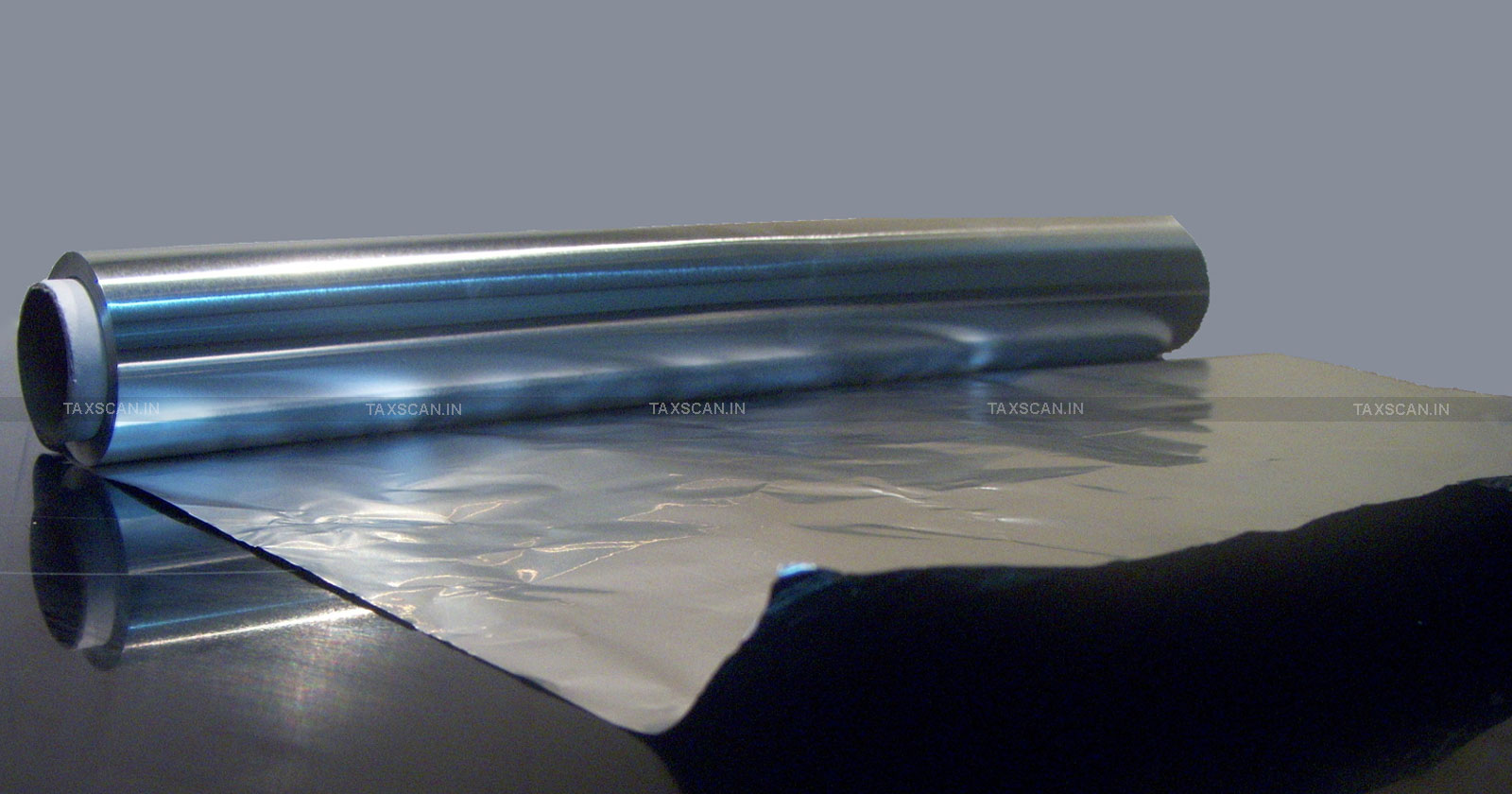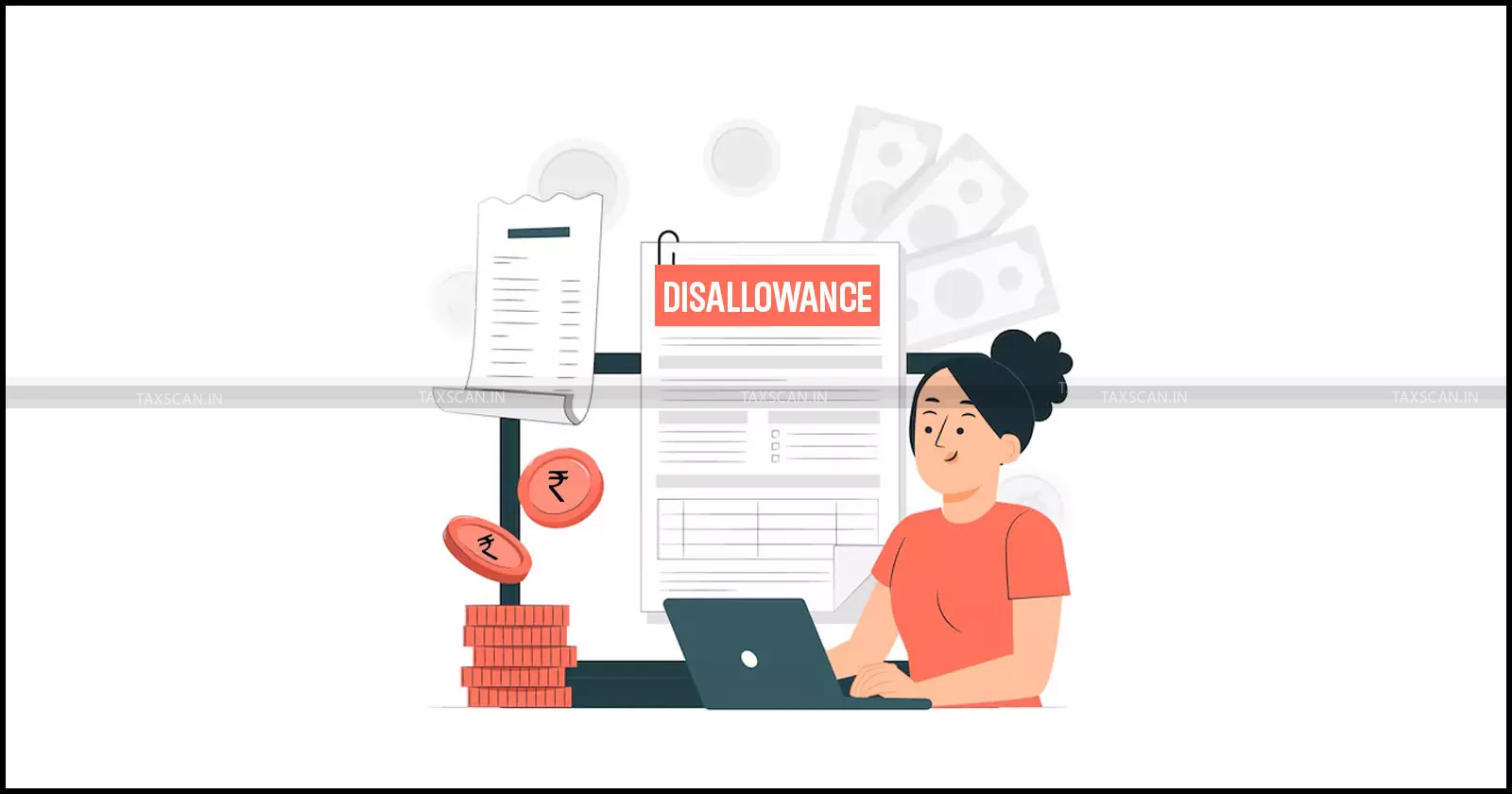Contradictory Approach of AO Invalidates S.154 Jurisdiction: ITAT Deletes ₹2.06 Crore Expense Disallowance in Property Developer's Income Tax Appeal [Read Order]
The Tribunal relied on evidence substantiating that the provision was not contingent but related to current year expenses.
![Contradictory Approach of AO Invalidates S.154 Jurisdiction: ITAT Deletes ₹2.06 Crore Expense Disallowance in Property Developers Income Tax Appeal [Read Order] Contradictory Approach of AO Invalidates S.154 Jurisdiction: ITAT Deletes ₹2.06 Crore Expense Disallowance in Property Developers Income Tax Appeal [Read Order]](https://images.taxscan.in/h-upload/2025/10/06/2094223-itat-mumbai-section-154-rectification-taxscan.webp)
The bench of the Income Tax Appellate Tribunal, Mumbai, has held that disallowance of ₹2.06 crore under Section 154 of the Income Tax Act, 1961, was unsustainable, as the provision for expenses represented a crystallised liability of the relevant financial year. The Tribunal ruled that the Assessing Officer had exceeded his jurisdiction in invoking rectification powers under Section 154 for such an issue.
The Appellant, Dosti Realty Limited, is a company engaged in the business of property development. For Assessment Year 2014-15, the company filed its return declaring an income of ₹20,27,42,800. The assessment was originally completed under Section 143(3) of the Income Tax Act on 06.12.2016, with a disallowance of ₹33,68,410 under Section 14A.
Subsequently, the Assessing Officer (AO) issued notice under Section 154, alleging that ₹2,06,50,000 claimed towards provision for expenses, disclosed in Note 20(d) of the Audit Report, was an unascertained liability and thus not allowable.
An order under Section 154 dated 31.03.2021 was passed disallowing the provision, and the first appellate authority upheld both the jurisdiction and the disallowance.
Practical Case Studies in Forensic Accounting & Corporate Fraud Investigation - Click Here
 Also Read:Higher Import Duty applicable at 7.5% Upon Import of Aluminium Foils as per Date of Crystallization: CESTAT rejects Jil Pack’s Refund Claim [Read Order]
Also Read:Higher Import Duty applicable at 7.5% Upon Import of Aluminium Foils as per Date of Crystallization: CESTAT rejects Jil Pack’s Refund Claim [Read Order]
Appearing for the Appellant, Dr. K. Shivaram and Rahul Hakani, argued that the AO had wrongly assumed jurisdiction under Section 154 since the issue involved was debatable and not a “mistake apparent from record.” It was contended that the provision for expenses was not a contingent liability but a crystallised liability, as the bills for the relevant financial year were received before finalisation of accounts in the subsequent year. It was further contended that proper evidence was furnished to establish that the expenditure pertained to the year under consideration.
Appearing for the Revenue, R. R. Makwana contended that since the bills relating to the expenses were received in the subsequent year, the provision made by the assessee could not be claimed as an allowable expenditure. It was argued that such claims amounted to contingent liabilities and therefore the AO was justified in disallowing them through rectification proceedings under Section 154.
The Bench comprising of Saktijit Dey, Vice President and Girish Agrawal, Accountant Member observed that the AO had himself concluded that allowance of the expenses had resulted in under-assessment, which falls within the scope of reassessment under Section 147, not rectification under Section 154. Thus, held that the invocation of Section 154 jurisdiction was invalid.
The Tribunal held that since the provision was based on actual liability pertaining to the year under review, and not on an estimate, the expenses could not be categorised as contingent.
Want a deeper insight into the Income Tax Bill, 2025? Click here
 Also Read:ITAT grants Relief to Wadhwagroup Holdings Deleting Disallowances Amounting ₹213.04 crore [Read Order]
Also Read:ITAT grants Relief to Wadhwagroup Holdings Deleting Disallowances Amounting ₹213.04 crore [Read Order]
Accordingly, the Tribunal directed deletion of the disallowance.
Therefore, the appeal was allowed.
Support our journalism by subscribing to Taxscan premium. Follow us on Telegram for quick updates


